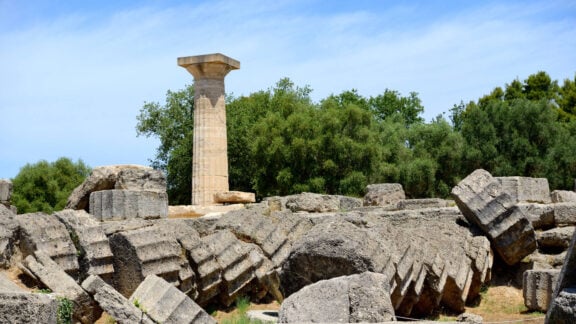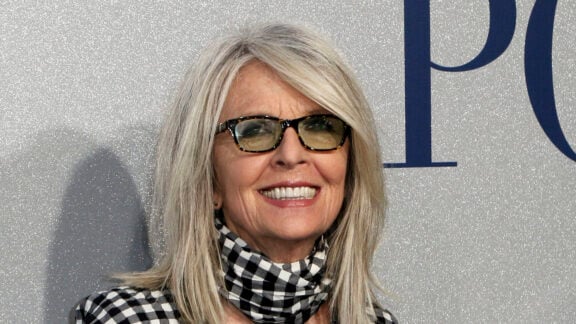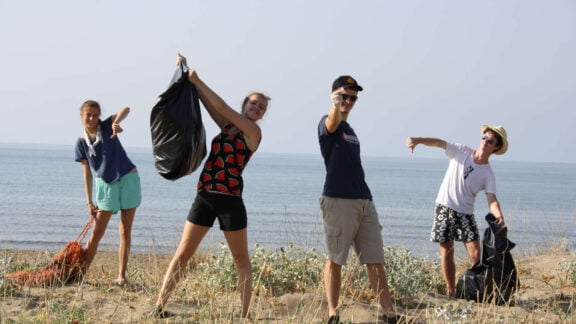A compelling exploration of memory, identity, and the threads connecting Greece and Australia unfolded last Saturday at the Hellenic Museum. Author and cultural commentator Dean Kalimniou were in conversation with Shelley Dark, discussing her newly released book Hydra in Winter.
The event, held under the auspices of the Greek Australian Cultural League of Melbourne, drew a large and enthusiastic audience. Attendees were eager to delve into Shelley Dark’s journey to uncover the truth about Ghikas Voulgaris—her husband’s ancestor and one of the earliest known Greek arrivals in Australia.
In Hydra in Winter, Dark retraces Voulgaris’s enigmatic footsteps from the windswept stone alleys of Hydra to the colonial outposts of 19th-century Australia, weaving together history, family memory, and the haunting silences of lost time. Kalimniou, renowned for his poetic and incisive explorations of Greek diasporic identity, served as both interviewer and interlocutor, adding depth and nuance to the discussion.
“The story of Ghikas is not only the story of one man,” Kalimniou said, “but of the wider Greek encounter with Australia—how we carry fragments of the past, and how those fragments shape our sense of who we are today.”
Dark spoke candidly about the process of historical recovery, describing the emotional and often ambiguous nature of archival research.
“You don’t just find facts. You find gaps, contradictions, and silences.
“Sometimes, those silences speak louder than words,” Dark said.
“Sometimes, those silences speak louder than words” – Shelley Dark
The audience discussion echoed the evening’s powerful themes, with attendees from across the Greek Australian community sharing reflections on history, migration, and cultural identity.
Questions touched on the way the community remembers its pioneers, the tension between nostalgia and critical historical inquiry, and the evolving ways in which younger generations engage with their heritage.

President of the Greek Australian Cultural League Cathy Alexopoulos described the event as “a rare and necessary conversation that brought both clarity and mystery to what it means to be Greek in Australia.” She hailed the afternoon as a success, part of its ongoing effort to support dialogue around the complex and rich tapestry of Greek diasporic experience.
As the audience lingered long after the formalities had concluded, it was clear that the past is not something simply left behind, but something continuously reinterpreted, rediscovered, and reshaped through dialogue. In that room, history was not only remembered but actively lived.









